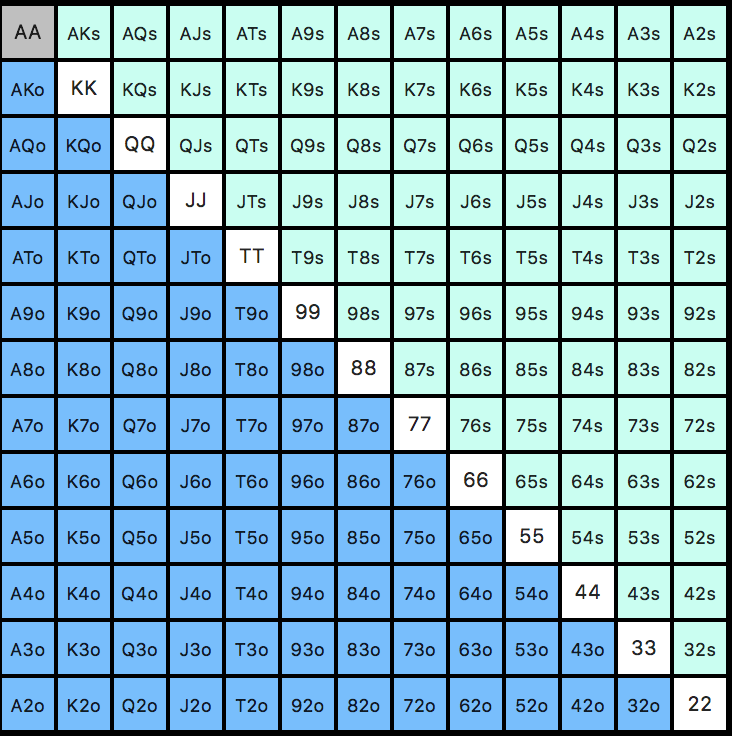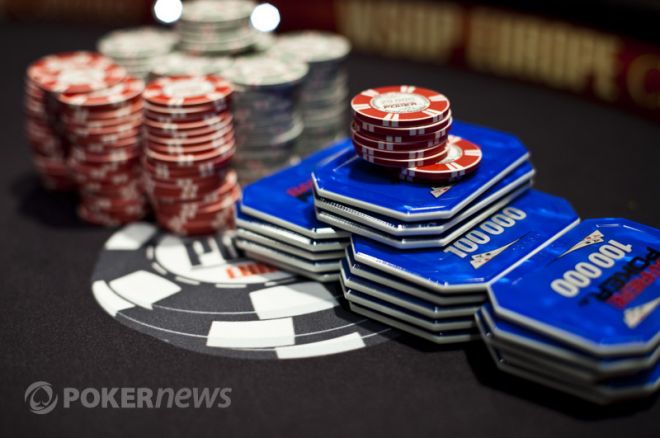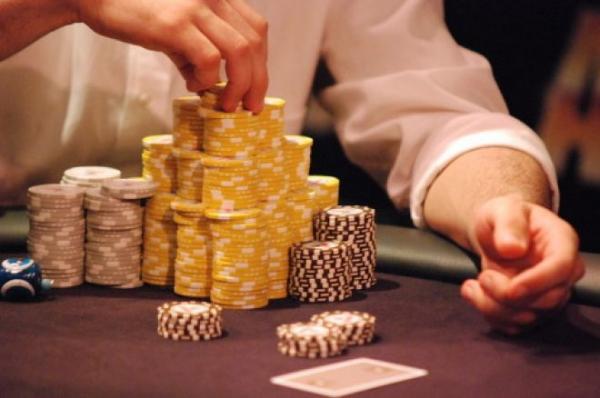- Learn what to look for to catch a bluffer during a hand. Become a better poker player and read our tips on how to spot a bluff playing Poker at Bovada.
- Nothing can make you feel quite as manipulated as when you discover in poker that someone has been bluffing, and that you have fallen for it hook, line and sinker. When you lose to a bluffer, you do not simply lose the money that is in the pot, you lose face, pride and respect, both from yourself and the other players around the table.

Some players — and it's only a few of them, to be sure — never bluff. After you figure out who they are, playing against them is easy. If they bet once all the cards are out, you can safely throw your hand away unless you believe that your hand is superior to theirs.
Nobody likes to get bluffed at the poker table. Folding the winning hand after your opponent bets is no fun – especially when he turns over his cards and shows you the bluff. Because it's so embarrassing (even when you play online poker anonymously at Bovada), many players call way too often in these spots, either out of curiosity or just to avoid the humiliation. It never seems to hurt as badly when you call and they have it.
There are times to call, of course, and there are times to fold – or raise. It depends on a number of things, including the strength of your hand and the size of the bet. But what if you can sense when your opponent may be bluffing? What if you can see through the deception and make the 'hero' call? It's not easy, but with a little know-how and a lot of practice, you can get much better at figuring out when your opponent is trying to bluff you.


Bluffer Jeu Poker Play
Know Your Enemy
The first thing to do is try to get a read on your opponent. Is he a tight-passive player who only opens with premium hands, then only bets when the flop comes out with big cards? Chances are you're not getting bluffed very often. But if he's a loose-aggressive player with a wide opening range and a high frequency of continuation bets, it's a lot more likely he's bluffing you. Solid players will use a poker strategy somewhere in between, finding the right mix of bluffs and value bets.
Bluffer Jeu Poker Games

Some players — and it's only a few of them, to be sure — never bluff. After you figure out who they are, playing against them is easy. If they bet once all the cards are out, you can safely throw your hand away unless you believe that your hand is superior to theirs.
Nobody likes to get bluffed at the poker table. Folding the winning hand after your opponent bets is no fun – especially when he turns over his cards and shows you the bluff. Because it's so embarrassing (even when you play online poker anonymously at Bovada), many players call way too often in these spots, either out of curiosity or just to avoid the humiliation. It never seems to hurt as badly when you call and they have it.
There are times to call, of course, and there are times to fold – or raise. It depends on a number of things, including the strength of your hand and the size of the bet. But what if you can sense when your opponent may be bluffing? What if you can see through the deception and make the 'hero' call? It's not easy, but with a little know-how and a lot of practice, you can get much better at figuring out when your opponent is trying to bluff you.
Bluffer Jeu Poker Play
Know Your Enemy
The first thing to do is try to get a read on your opponent. Is he a tight-passive player who only opens with premium hands, then only bets when the flop comes out with big cards? Chances are you're not getting bluffed very often. But if he's a loose-aggressive player with a wide opening range and a high frequency of continuation bets, it's a lot more likely he's bluffing you. Solid players will use a poker strategy somewhere in between, finding the right mix of bluffs and value bets.
Bluffer Jeu Poker Games
Then you need to look at the board, and think about how well it connects with her opening range. If you're playing full-ring No-Limit Hold'em, your opponent opens from under the gun, you call from the big blind, and the flop comes Nine-Five-Deuce, that flop isn't going to help her very often – most of her cards will be Broadway cards, Ace through Ten, leaning heavily towards the Aces. People c-bet bluff these boards a lot; you might want to raise here from the big blind, whether the flop actually hit you or not.
Bluffer Jeu Poker Game
The cards in your hand can also help determine how often your opponent is bluffing. If you have blockers to the possible value hands your opponent might be betting, it's more likely that he's trying to deceive you. At the same time, if you have cards that your opponent might bluff with if he were holding them, it's more likely he's got a good hand. Learning which cards these are in which situations will take some time, but it's well worth it if you want to get good at catching bluffs – and making money at the poker table.